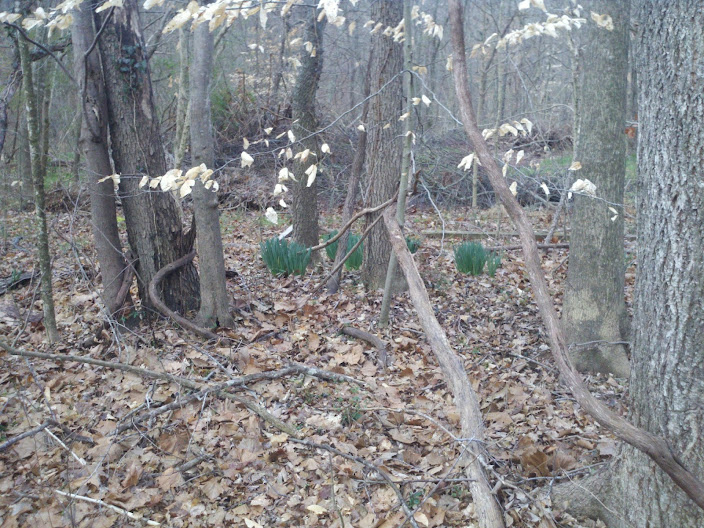What this blog is about: what to expect here.
It took nearly two hundred years for English/Anglo-American government to gain control of the land between the Atlantic Ocean and the Appalachian Mountains, a distance of roughly three hundred miles. In the next hundred years Anglo-American government subdued, imposed itself on the rest of the lower 48 states. The lessons learned in two hundred years of trial and error were applied to the rest of the continental nation. As we all know, it was not a pretty sight.
But it does no good to avert your eyes from the icky bits in history. If you pretend they didn't happen they will come back and bite you hard one day. On the other hand, it does very little good to wallow in self-loathing over the acts of ancestors, truth be known, we would rather forget. We have changed a good deal and much for the better. That is the hopeful part of the story we're uncovering by finding the Beaten Paths.
We believe, from archaeological and archival evidence, that a multi-racial society occupied the southeastern backcountry frontier for much of the first two hundred years of American history. Subjugating that society, our first multi-cultural moment, informs much of the early history of Anglo-America.
So, if history floats your boat, if you're curious about the darker corners of American History, or if you have a taste for beaten paths, trails, cart tracks, wagon roads, keep an eye on this space. We intend to publish everything we know about finding these old places.


Comments
Your site is a treasure-trove.
I hope you are mapping the trail segments that you discover. I would like to hike some of them, but cannot join your Sunday Hikes from Florida.
Advise...Bill
Most of our "finds" are on private land and unavailable for a quick walk-through. In fact, at our Sunday hikes we usually ask that attendees not return to the hike site without the express permission of the property owner. Additionally, we occasionally spot 'pot hunters', thieves of time, grave robbers, and their ilk at our Sunday hikes and when we do we run them off, but we are reticent to publish our findings because these oinkers are all around.
trm